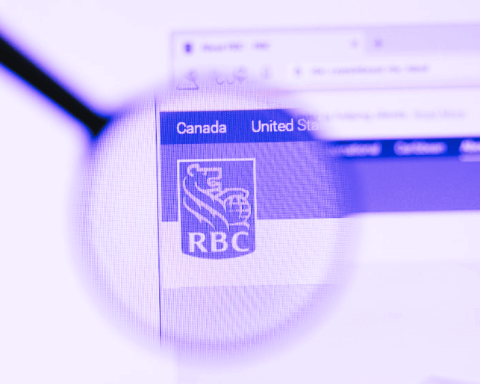Pride Month may be coming to a close, but investors can keep the spirit alive year-round by considering the impact of their investments on LGBTQ+ issues. Consumers vote with their dollars, and so can investors.
Instead of looking at individual company stocks this week, we’re comparing two exchange-traded funds (ETFs). ETFs are like mutual funds in that they are a bundle of companies wrapped up in a fund. However, they trade directly on the stock exchange, instead of through a sales network, which makes them less expensive than mutual funds. There are a lot of socially responsible ETFs on the market right now, including two with opposing takes on LGBTQ+ issues.
Inspire Global Hope ETF (BLES) aims to invest in “the most inspiring, biblically aligned large companies ($5 billion+ market cap) from both the U.S. and around the world.”
Companies that work on cancer treatment and provide clean water are some of the ones considered inspiring and biblically-aligned. About 5% of the fund’s total holdings are exposed to “clean revenue” (like Danish wind turbine manufacturer Vestas), meaning that revenue is aligned with the UN’s Sustainable Development Goals (SDGs). BLES also sinks a chunk of your money into companies with decidedly less sustainable goals, like Kinder Morgan, the contentious pipeline maker, and Jacobs Engineering Group, which produces nuclear weapons.
At the core of the BLES fund’s “biblically responsible investing” are negative screens against companies engaged in activities it considers immoral, such as abortion, pornography, and yes, LGBTQ activism. If a company sponsors a gay pride parade or signs a letter in support of gay marriage BLES would immediately exclude it from the fund. In an open letter to the LGBT community, BLES CEO Robert Netzly writes, “We respect investors who desire to invest in pro-active support of LGBT marriage, and we ask for the same respect for our investors who are investing according to their faith-based convictions to invest in support of what they understand as the Bible’s teaching and advocacy for one-man, one-woman marriage.”
Okay, Mr. Netzly Since you respect pro LGBTQ+ investors, let’s look at the InsightShares LGBT Employment Equality ETF (PRID) mandate to “invest in companies that respect, protect and encourage their LGBT employees.” PRID leans heavily on the Human Rights Campaign’s Corporate Equality Index, which provides corporate ratings based on three key LGBTQ pillars: non-discrimination policies across all of a company’s business entities, equitable benefits for LGBTQ workers and their families and an inclusive culture as well as corporate social responsibility. Companies must earn a score of at least 85 on this index to be included in PRID.
I love the idea of investing only in companies with proactive LGBTQ+ policies. Unfortunately PRID doesn’t screen out companies based on other social or environmental issues. Peer into PRID’s holdings and you’ll find eyebrow-raising companies like Exxon Mobil (which I wrote about last month) and American weapons manufacturer Lockheed Martin. Although they may support their LGBTQ+ employees, I can’t in good conscience encourage you to invest your money in these companies.
You can see why the ethical ETF market is rife with greenwash. So many stocks get bundled together to make it easier for everyday investors to buy according to their values, but there are often questionable companies tucked in the mix. Always be sure to take a close look at the full list of holdings before you buy.
From a strictly financial perspective, PRID has outperformed BLES considerably since it launched in January 2018, but I’d like to see a longer time horizon before I’m ready to declare its approach to be the winner. One helpful metric I track for ETFs is how much money investors have put into the fund, called assets under management (AUM). BLES has attracted an impressive $140 million, while PRID has attracted a paltry $2.5 million. Perhaps PRID would be appealing to more investors if it implemented proper ESG (environmental, social and governance) methodology and ditched the nastiest holdings.
Despite having some very controversial companies inside the fund, PRID wins this Fund Face-off by a (rainbow-coloured wig’s) hair.
Beta is a measure of a stock or fund’s volatility in relation to the market. By definition, the market has a beta of 1.0, and individual stocks are ranked according to how much they deviate from the market. A stock or fund that swings more than the market over time has a beta above 1.0. Lower beta means less risk.
Tim Nash blogs as The Sustainable Economist and is the founder of Good Investing.









